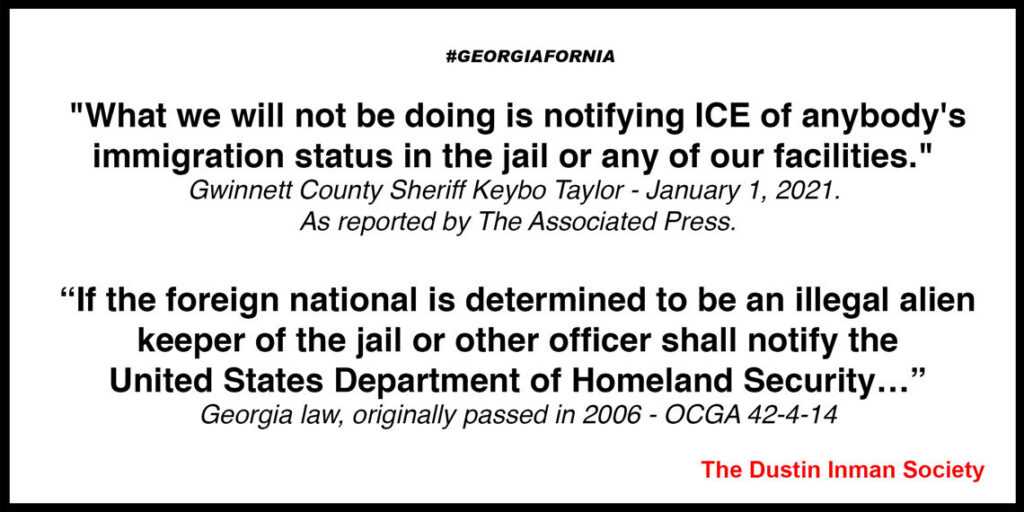
Update: Due to our nearly two year-long effort and repeated requests, the catch phrase mentioned below has been corrected to reflect the accurate description of the law. It now reads: 42-4-14. “Illegal alien” defined; determination of nationality and verification of lawful admission of person confined in a jail facility.
________
Note: With what is called a “catch phrase” (headline), the below Georgia law is was depicted inaccurately (update, Nov. 11, 2022 – the text has been corrected and updated by the Office of Legislative Counsel – Hooray!). OCGA 42-4-14 was amended in 2011 (HB 87) to require jailers to determine immigration status of all prisoners and not limited to only those with felony charges. See paragraph (c). I spoke to Legislative Counsel in 2020 and again today and have again been assured the online correction will be made “soon.”
O.C.G.A. § 42-4-14
Current through the 2021 Regular and Special Sessions of the General Assembly.
- Official Code of Georgia Annotated
- TITLE 42 Penal Institutions (Chs. 1 — 13)
- CHAPTER 4 Jails (Arts. 1 — 5)
- Article 1 General Provisions (§§ 42-4-1 — 42-4-15)
42-4-14. “Illegal alien” defined; determination of nationality and lawful admission of person charged with felony and confined in a jail facility.
History
Code 1981, § 42-4-14, enacted by Ga. L. 2006, p. 105, § 5/SB 529; Ga. L. 2008, p. 1137, § 4/SB 350; Ga. L. 2009, p. 8, § 42/SB 46; Ga. L. 2009, p. 970, § 2/HB 2; Ga. L. 2011, p. 794, § 13/HB 87.
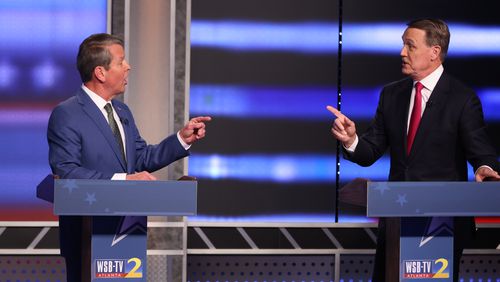
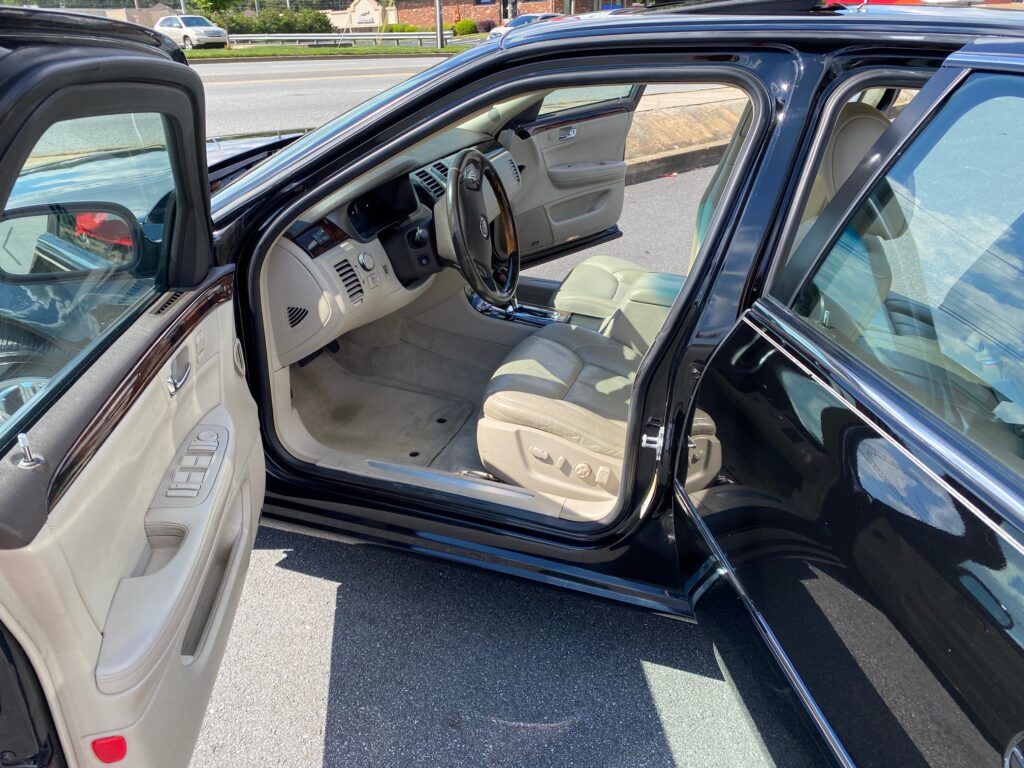




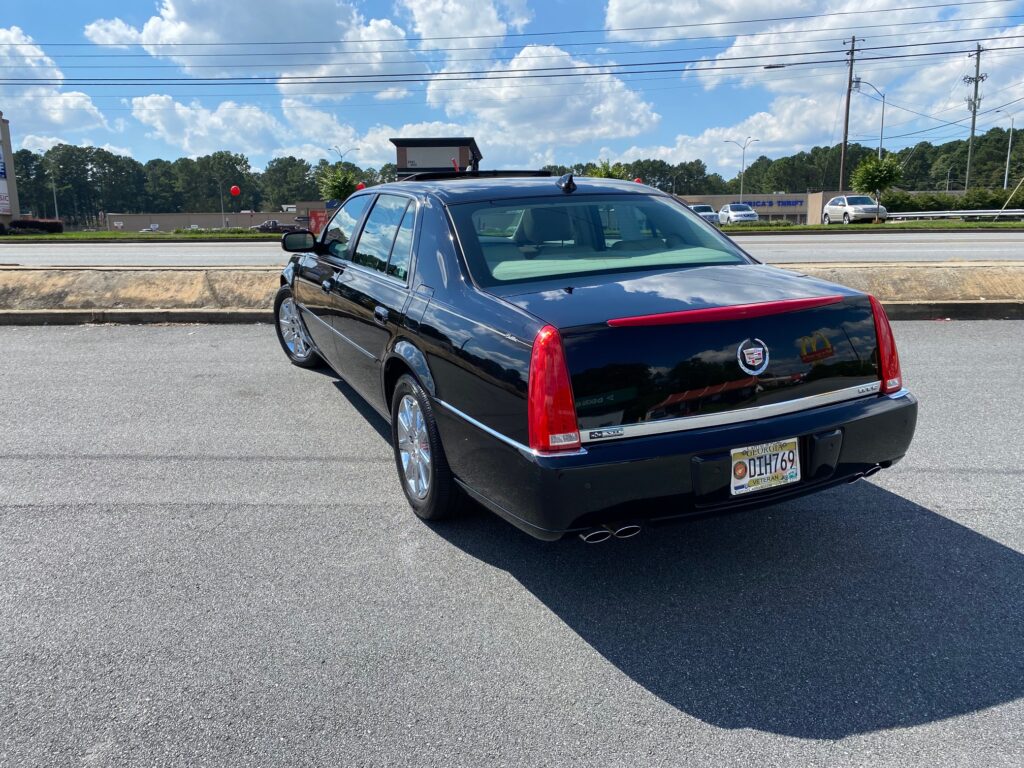


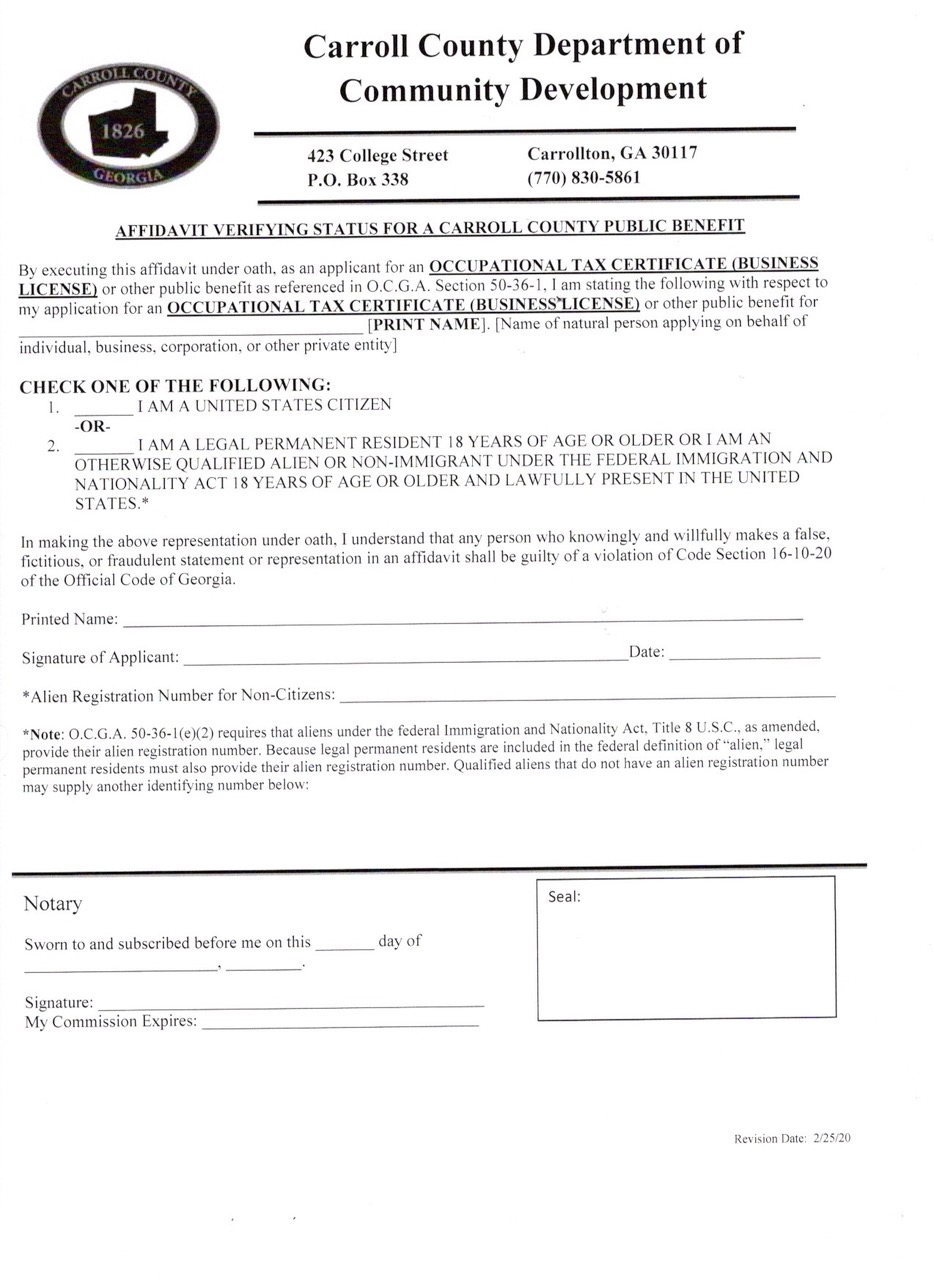

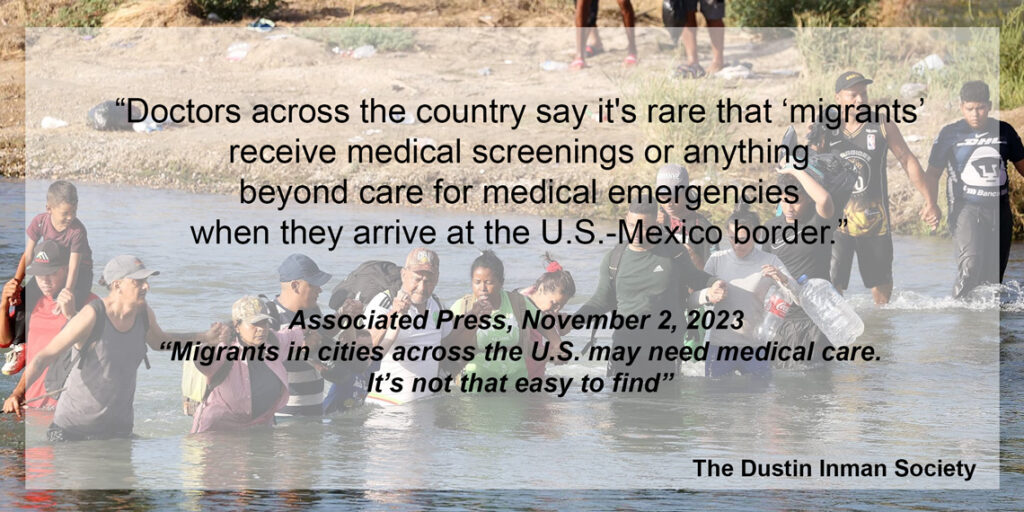

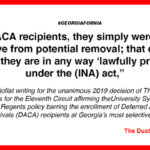









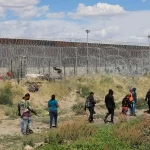





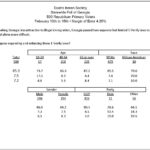




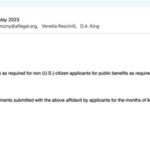
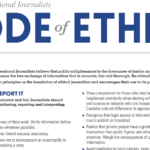
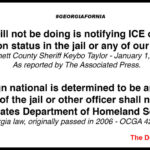





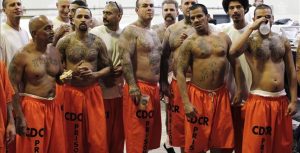



You must be logged in to post a comment.